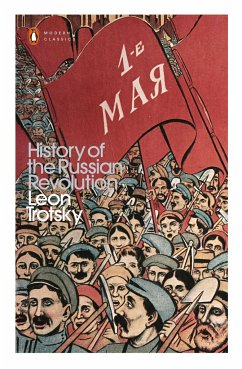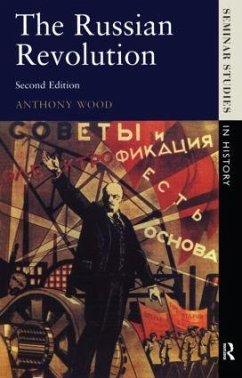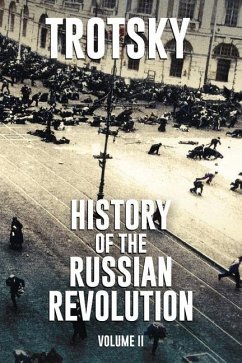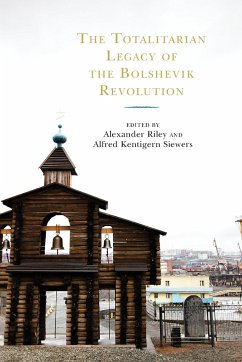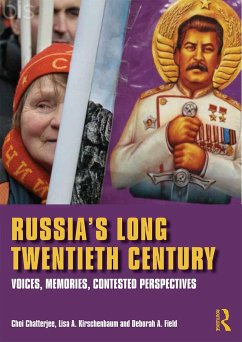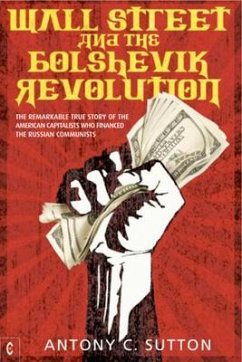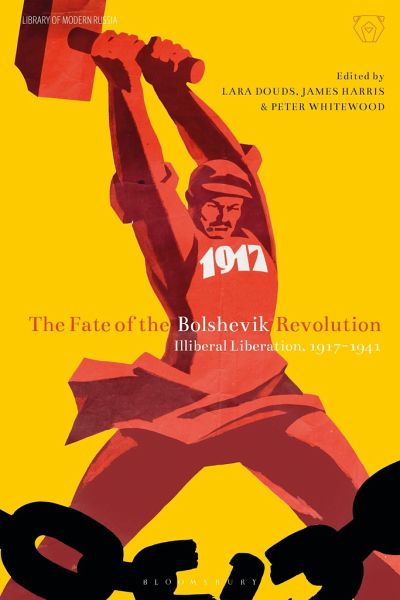
The Fate of the Bolshevik Revolution
Illiberal Liberation, 1917-41
Herausgeber: Douds, Lara; Whitewood, Peter; Harris, James
Versandkostenfrei!
Versandfertig in über 4 Wochen
38,99 €
inkl. MwSt.
Weitere Ausgaben:

PAYBACK Punkte
19 °P sammeln!
How did a regime that promised utopian-style freedom end up delivering terror and tyranny? For some, the Bolsheviks were totalitarian and the descent was inevitable; for others, Stalin was responsible; for others still, this period in Russian history was a microcosm of the Cold War. The Fate of the Bolshevik Revolution reasons that these arguments are too simplistic. Rather, the journey from Bolshevik liberation to totalitarianism was riddled with unsuccessful experiments, compromises, confusion, panic, self-interest and over-optimism. As this book reveals, the emergence (and persistence) of t...
How did a regime that promised utopian-style freedom end up delivering terror and tyranny? For some, the Bolsheviks were totalitarian and the descent was inevitable; for others, Stalin was responsible; for others still, this period in Russian history was a microcosm of the Cold War. The Fate of the Bolshevik Revolution reasons that these arguments are too simplistic. Rather, the journey from Bolshevik liberation to totalitarianism was riddled with unsuccessful experiments, compromises, confusion, panic, self-interest and over-optimism. As this book reveals, the emergence (and persistence) of the Bolshevik dictatorship was, in fact, the complicated product of a failed democratic transition. Drawing on long-ignored archival sources and original research, this fascinating volume brings together an international team of leading scholars to reconsider one of the most important and controversial questions of 20th-century history: how to explain the rise of the repressive Stalinist dictatorship.




